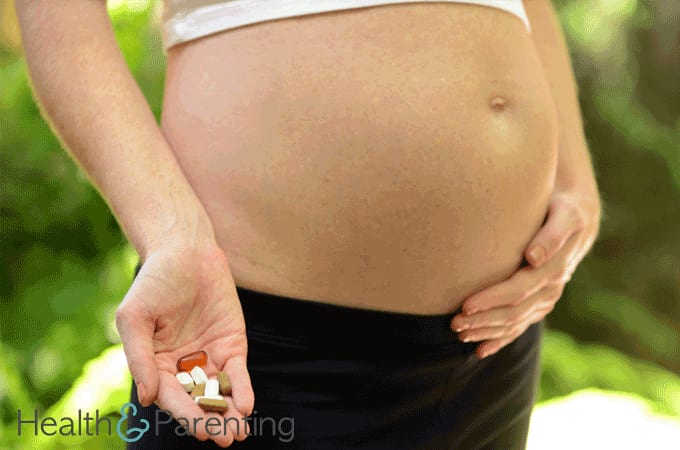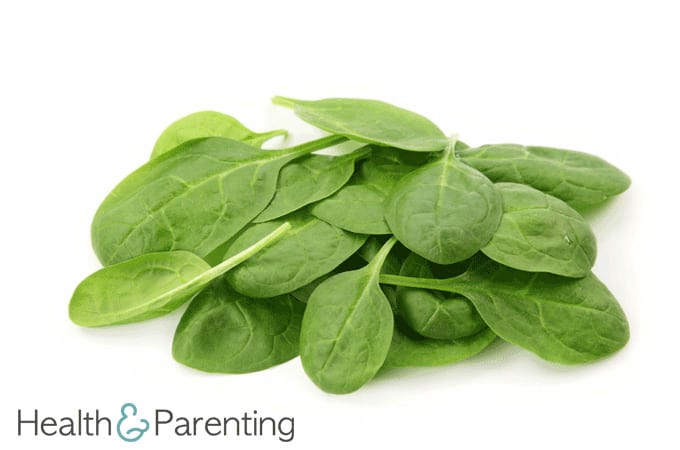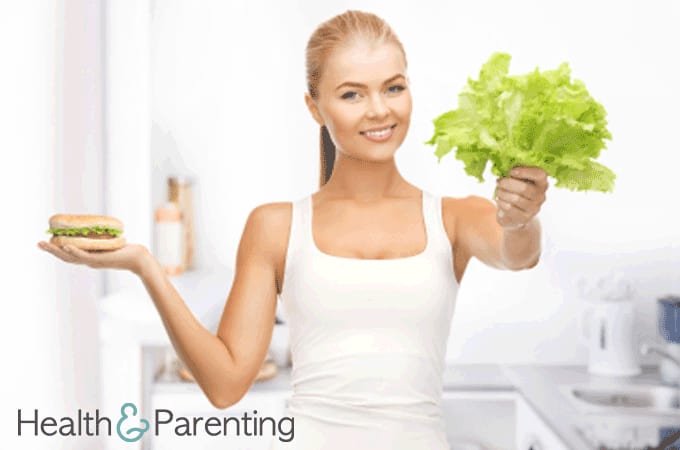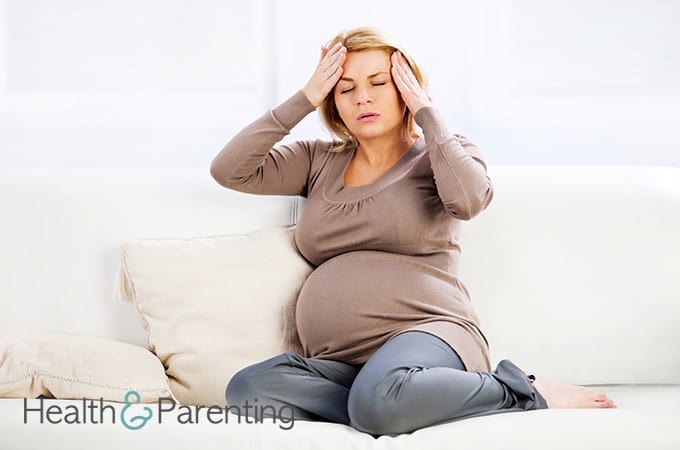Prenatal vitamins are the best way to make sure both you and your baby are getting all of the essential nutrients you need. Your doctor or midwife has likely recommended them from your first prenatal visit.
Can I skip the vitamins?
Experts recommend that all pregnant women should take a daily prenatal vitamin. While it may be possible to eat a diet containing all of the essential vitamins and minerals, the prenatal vitamin is a foolproof way to be certain you’re not missing out. By taking prenatal vitamins and eating a healthy, balanced diet rich in fresh fruit and vegetables, you sleep soundly knowing your baby should be getting all the goodness he needs.
Folic acid
Folic acid is an essential B vitamin that can reduce your baby’s risk of developing neural tube defects such as spina bifida. Pregnant women are advised to take 400 mcg of folic acid daily. Check the label of your prenatal vitamins to make sure you are getting enough of this vital vitamin.
Iron
Your body will require more iron during pregnancy. Though you have iron stores in your body, these will be running low by the second half of the pregnancy. After week 20, you may like to start taking an iron supplement. Some prenatal vitamins will already contain iron, so to see whether yours do before adding another supplement.
If you have been diagnosed with anaemia or an iron deficiency, speak to your doctor about your require iron dosage. Iron supplements can cause digestion problems, so please speak to your healthcare provider if you suffer any side effects.
When should I start taking prenatal vitamins?
You should start taking prenatal vitamins as soon as you find out you are pregnant. Ideally, you should take them when trying to conceive, too. You should continue to take the vitamins until the end of your pregnancy. Some prenatal vitamins are also suitable for consumption during breastfeeding, and can continue to ensure you are best equipped to nurture your baby. Speak to your healthcare provider about which vitamins are suitable to take during breastfeeding.
A safety net
Prenatal vitamins are not an alternative to a healthy diet. Ideally you should be including both in your pregnancy lifestyle. Include plenty of fresh fruits, vegetables, wholegrain, nuts, seeds and milk or soya products in your diet. Avoid empty calories, and focus on getting the most nutrition in every bite you eat.
How do you make sure you don’t forget to take your prenatal vitamins?
Written by Fiona (@Fiona_Peacock), mother, writer and lover of all things baby related
This information is not intended to replace the advice of a trained medical doctor. Health & Parenting Ltd disclaims any liability for the decisions you make based on this information, which is provided to you on a general information basis only and not as a substitute for personalized medical advice. All contents copyright © Health & Parenting Ltd 2018. All rights reserved.













